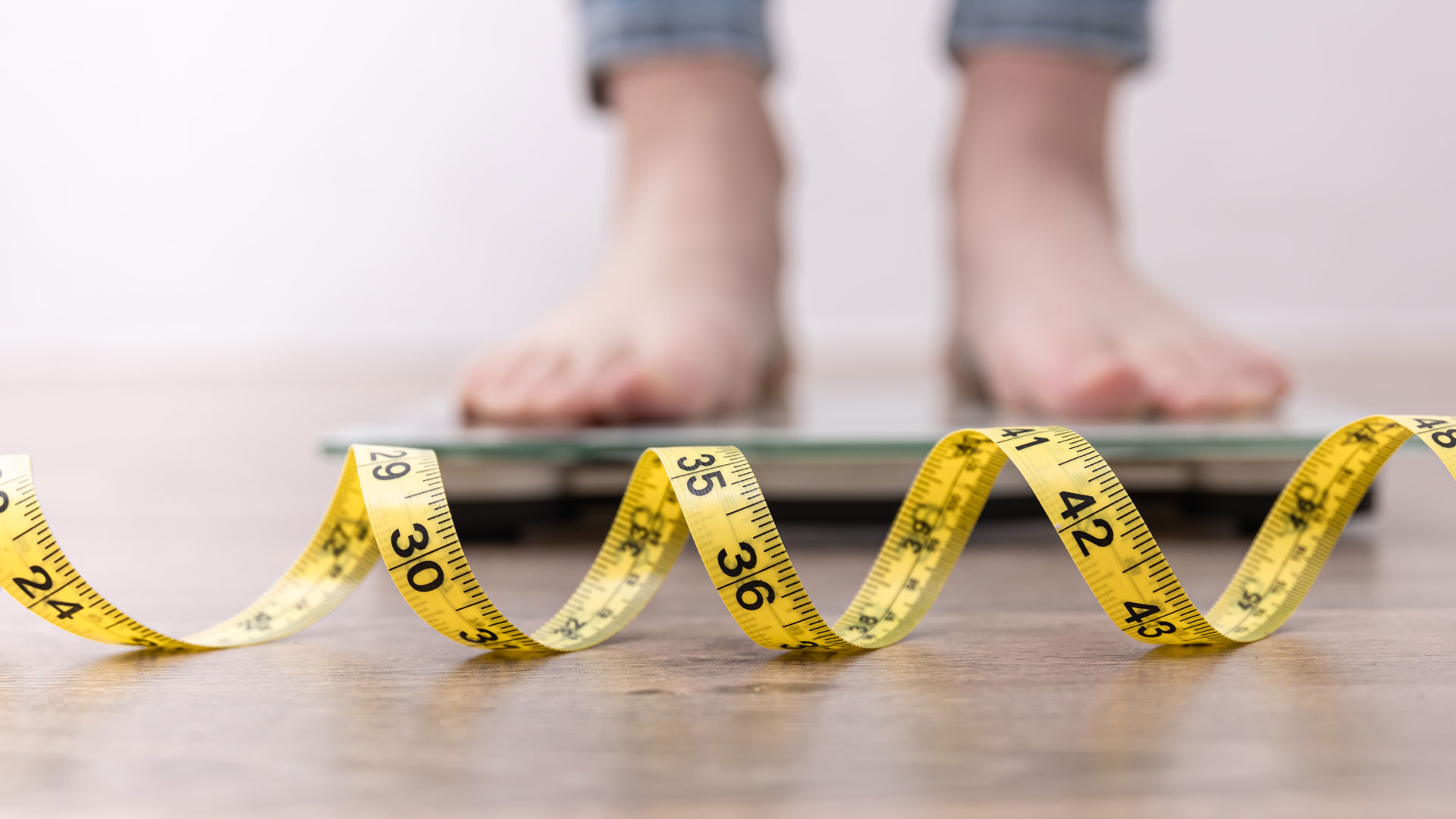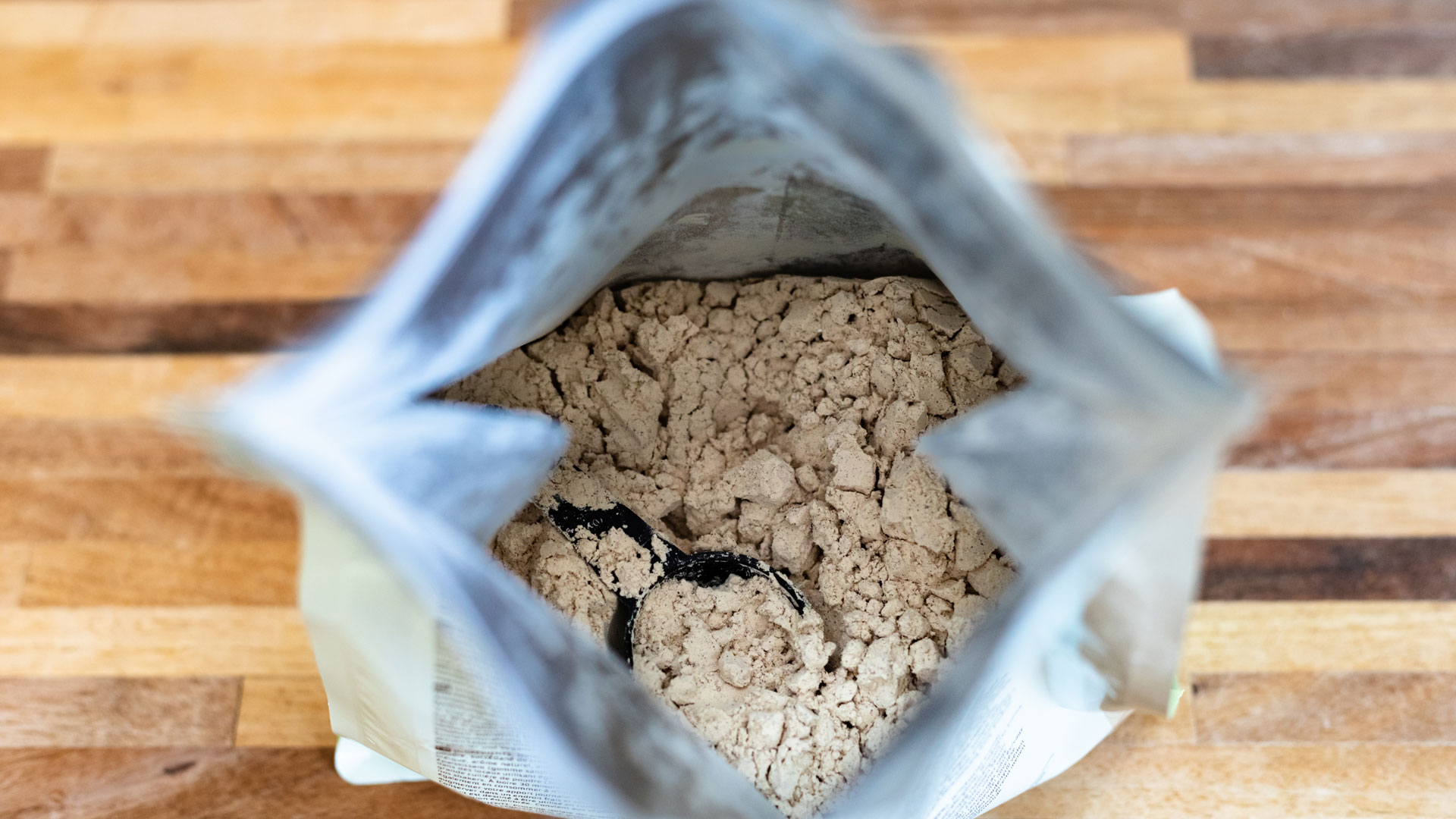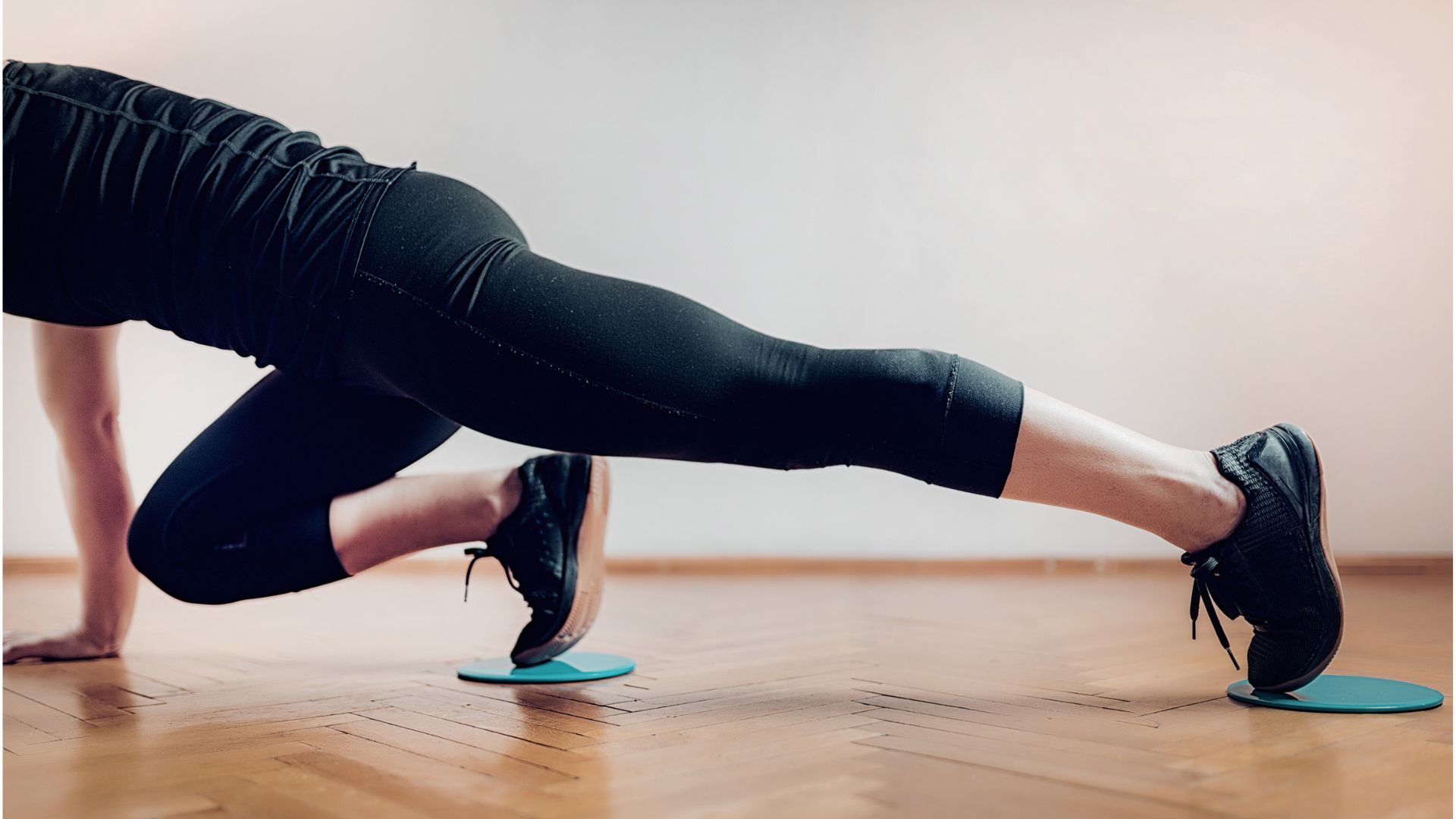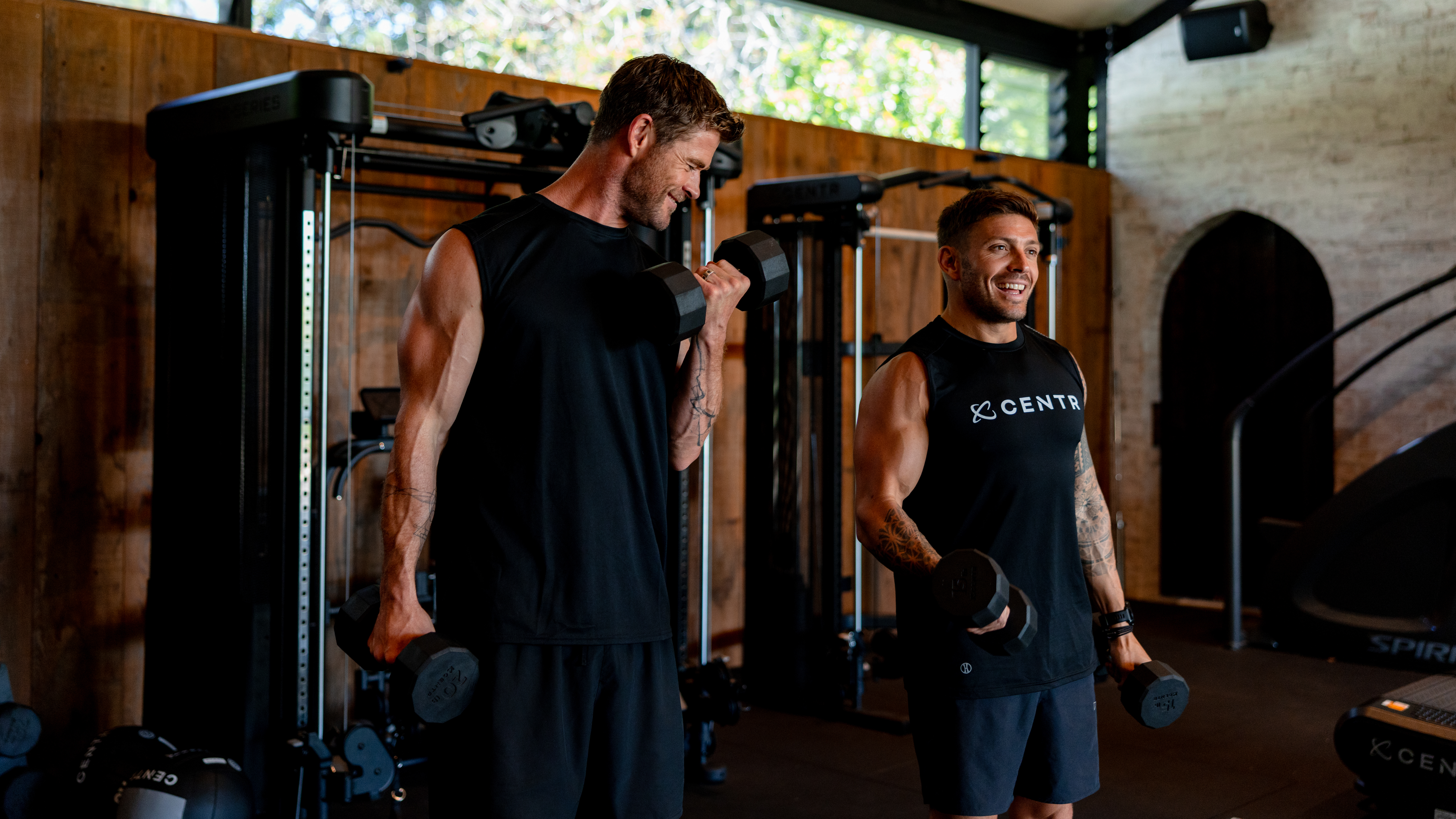Does collagen help with weight loss?
It may improve skin and joint health, but does collagen help with weight loss too? We ask an expert to weigh in


Collagen is well known for helping to provide structure, support, and strength to your skin, muscles, and bones — but does collagen help with weight loss?
As we get older, maintaining a healthy weight can often become more difficult. And while eating a balanced diet, getting enough exercise, or even supplementing with the best vitamins for women over 50 can all contribute to good health, sometimes those extra pounds can be stubborn to shed.
Most of the claims behind collagen focus on glowing skin, healthier hair and nails, and greater joint flexibility. Even Jennifer Aniston is adding collagen powder to her coffee. But when it comes to collagen helping weight loss, the evidence is less clear. So far, there are limited studies to suggest taking collagen will directly help you to lose weight. However, there might be some ways that collagen can reduce body fat by helping you to build lean muscle and increasing satiety. Read on to find out what our expert says.
What is collagen?
Collagen is the most abundant protein in our body and makes up a lot of our connective tissue, bone mass, and skin. In fact, 30% of all protein is collagen. Collagen is produced naturally by cells called fibroblasts, and relies on us getting enough high-quality protein from our diet. You can also get collagen from certain dietary sources (such as organ meats) or by consuming supplements.
But what does collagen do? Having healthy collagen levels plays an important role in maintaining:
- Joint health
- Skin elasticity and structure
- Cardiovascular health
- The kidneys and other organs
As we age, our bodies start to produce less collagen, and the existing collagen we have breaks down at a faster rate. This is why it’s important to ensure you’re consuming enough high-quality proteins to supply your body with the building blocks it needs.

Does collagen help with weight loss?
Let’s be clear — taking a collagen supplement is not a magic pill for weight loss. Having a healthy, balanced diet, getting regular exercise, prioritizing quality sleep, and reducing stress levels are all areas you should focus on first and foremost.
Get the Fit&Well Newsletter
Start your week with achievable workout ideas, health tips and wellbeing advice in your inbox.
According to Sophie Medlin, a registered dietitian at CityDietitians, the fascination with collagen as a weight loss solution mainly comes from the fact that it's a high source of protein and low in calories. “This may help people to feel fuller for longer,” she says. “However, there aren't currently any large studies which back collagen intake as a credible weight loss method. The studies we do have that link collagen and weight loss tend to be tested on animals which aren't always indicative of how humans will react. It is physiologically very unlikely that collagen will promote weight loss any better than any other high protein foods.”

Sophie Medlin is a consultant dietitian and the Chair for the British Dietetic Association for London. Sophie has expertise in gastrointestinal and colorectal health. She worked in acute hospitals specialising in gastrointestinal diseases before moving into academia, where she worked as a lecturer at King’s College London.
In one 2019 study published in Marine Drugs, 90 overweight participants were randomly allocated to two groups; one group received 2,000 mg of skate skin collagen peptides per day for 12 weeks, while the control group was given a placebo. After 12 weeks, the percentage of body fat and body fat mass in the test group was found to be significantly better than those in the control group. This suggested skate skin collagen peptides could be beneficial in the reduction of body fat in overweight adults.
And since collagen is a protein, there might be other ways that collagen can indirectly support weight loss too.
Increases muscle mass
Collagen is made up of three primary amino acids; glycine, hydroxyproline, and proline. Our bodies use these compounds to build proteins, which are then used to build and repair muscles, skin, cartilage, bones, and organs.
In one study published in the British Journal of Nutrition, elderly men with sarcopenia (age-related loss of skeletal muscle) took part in a 12-week resistance training program. However, half of the men also took a daily collagen peptide supplement. While all of the participants improved their muscle mass, those who took the collagen supplement also improved their muscle strength and lost more body fat.
Medlin says: “Higher muscle mass increases our metabolic rate which can support weight loss. It’s important to note, however, collagen isn't a complete protein, so collagen supplements alone aren't enough to ensure you're getting all nine essential amino acids.
“As above, there is no reason that collagen alongside weight training would increase weight loss any more than other protein sources and weight training, which has been proven many times in research.”
Indeed, a study published in Nutrients found that whey protein increased resting metabolic rate more than collagen in women who were overweight. In this case, you might be better off investing in the best protein powder for weight loss.

Increases satiety
But compared to other protein powders, collagen peptides may be more satiating. One study published in Clinical Nutrition found that a breakfast containing collagen was 40% more filling than a breakfast that contained the same amount of whey, casein, or soy protein. Participants who ate the collagen breakfast also consumed 20% less at lunch, suggesting that collagen may increase satiety, leading to a reduced energy intake and thereby promoting weight loss.
“Anecdotally, a number of people have reported that collagen supplements keep them feeling fuller for longer, which in turn can reduce snacking,” adds Medlin.
At the same time, a smaller study found that collagen supplementation was no different from whey protein when it came to affecting appetite in healthy women. While leptin levels (the fullness hormone) were slightly increased by hydrolyzed collagen, effects on appetite measured by feelings of hunger, desire to eat, or fullness, were no different.
So we can conclude that while collagen may help to increase satiety and build lean muscle (potentially promoting weight loss as a result) it’s not superior to other forms of protein when it comes to these benefits. Whether or not you supplement with collagen or another protein will probably come down to preference; collagen supplements tend to be cleaner, while whey proteins can contain added sweeteners and flavorings. But whey powders also tend to be better absorbed than collagen supplements and contain a full amino acid profile.

How does the body break down collagen?
The body can’t absorb collagen in its whole form, which means it has to be broken down into an easy-to-absorb form of protein. It will do this in one of three ways.
The first is to break down the collagen into individual amino acids.
“The amino acid building blocks are then distributed around the body, going to the places where they're needed most,” says Medlin. “This means the body may use collagen peptides for other purposes, and not necessarily to produce collagen itself.”
The second way the body can use collagen is to break it down into smaller peptides. These are then absorbed in the gastrointestinal tract.
“There are around 28-29 types of collagen, but the most common are types 1 to 5,” adds Medlin. “Bovine collagen and marine collagen are the most common sources found on the market, although there are some vegan versions available. Many collagen supplements are 'hydrolyzed' meaning they are easier to absorb.”

Alice Ball is the Health Editor for Future Plc. With more than five years of experience working in health journalism, she's covered everything from why we should 'kill' the calorie, to destigmatizing the menopause. Alice also specializes in nutrition and supplements. She's a self-confessed running fanatic, currently in training for her fifth marathon. She enjoys documenting her progress on her Instagram account, @aligoesrunning. Alice works across a number of Future's sites, including LiveScience and Fit&Well.
-
 I'm a fitness writer who swears by Pilates and I think this piece of equipment is the best alternative to reformer classes—and it costs less than $10
I'm a fitness writer who swears by Pilates and I think this piece of equipment is the best alternative to reformer classes—and it costs less than $10This might just be the best alternative to a reformer machine
By Alice Porter Published
-
 Build blockbuster arms and abs with Chris Hemsworth's go-to dumbbell circuit
Build blockbuster arms and abs with Chris Hemsworth's go-to dumbbell circuitAll you need are adjustable dumbbells and 20 minutes
By Sam Rider Published